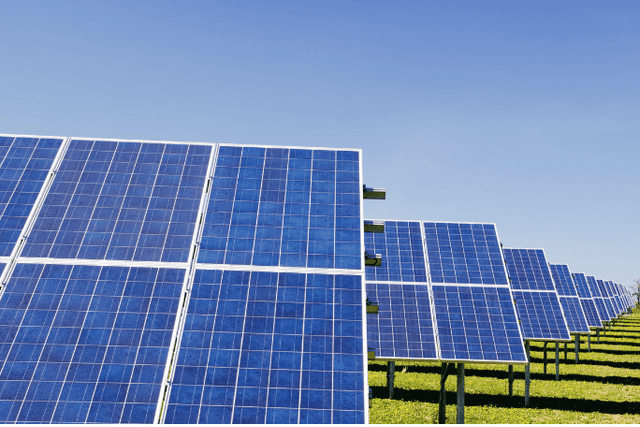
Flipped classroom - Why aren't we using solar power?
Lesson10 of 14 in this unit
SecondaryYear 7 - 10ScienceHumanities and Social SciencesGeographyEnvironmentalEnergySustainability
Summary
Lesson Guides and Printables
Lesson Plan

Student Worksheet


Lesson Plan

Student Worksheet
